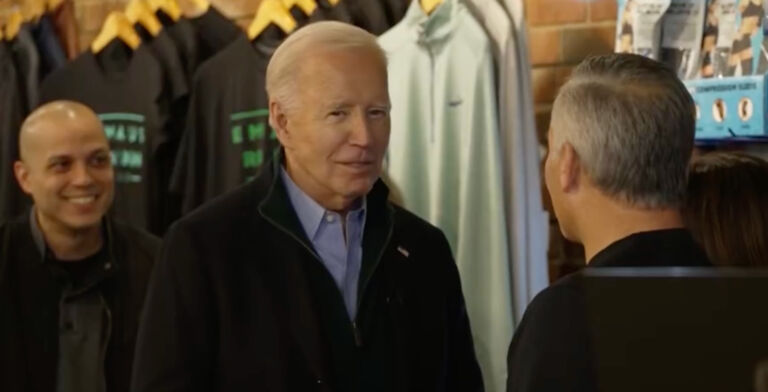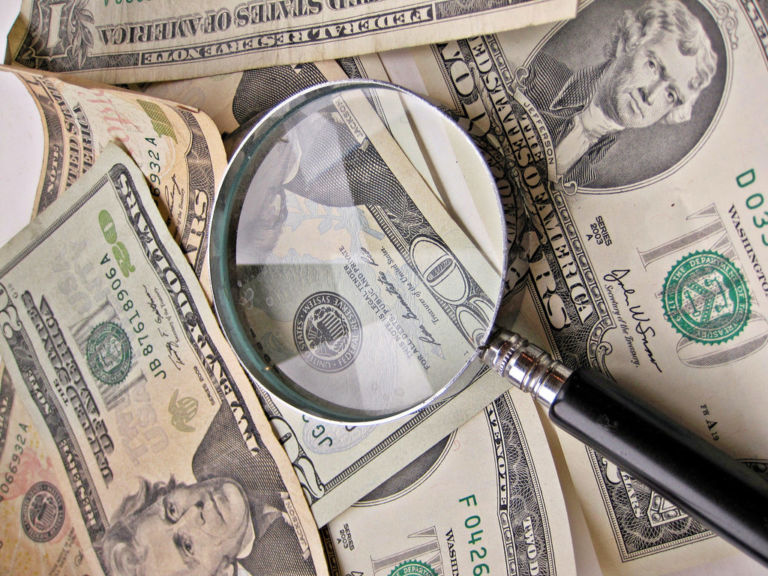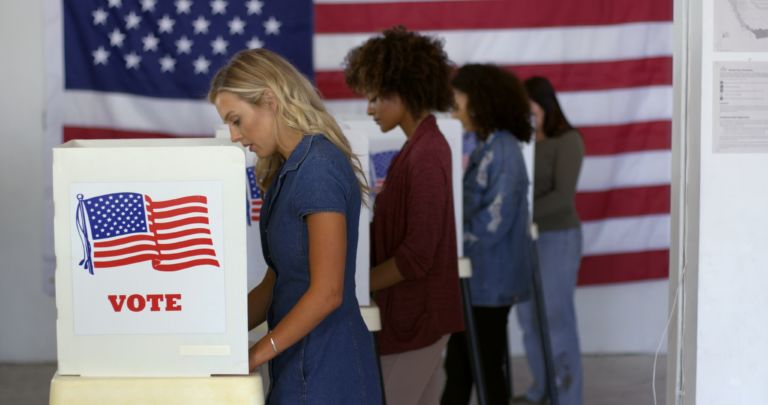Looking at the latest Civitas Poll, one question jumped out at me:
North Carolinians’ faith in elections, however, is not assuring. Only half of likely North Carolina voters (50.7%) believe this year’s elections will be free and fair. Interestingly, younger people are more inclined to question the fairness of our elections, with nearly 40% of voters under 50 expressing skepticism, versus only 26% of those over 50. This decline in voter confidence signals nearly a ten-point decrease since the last time this question was polled in March, which indicated that 60% of voters maintained faith in our elections.
(The tenth question in the poll asks, “Do you believe this year’s elections in North Carolina will be free and fair?” That would be the 2023 municipal elections being held across the state. However, I suspect many respondents had the 2024 presidential election on their minds when they answered. Also, people who think the 2023 elections will not be free and fair would likely say the same thing about 2024.)
The Demographics of Those Who Have Lost Faith in Our Elections
So, what do we know about the people who express doubt about North Carolina’s elections being free and fair? A look at the poll’s crosstabs provides some clues and points to an interesting mix of factors.
First, let’s look at demographics.
Men (55%) are more likely to trust in North Carolina Elections than Women (47%). Whites (52%) are likelier to believe North Carolina Elections are free and fair than Blacks (45%). Asians and Latinos had the highest trust in our elections, but that subsample was too small to put much stock in it.)
Those 50 years old and older (54%) have more trust in our elections than those under 50 (47%). However, there is not a simple age progression on the question. The age cohort with the lowest faith in our elections is those between the ages of 35 and 49 (42%), while 52% of those from 18 to 34 believe they are free and fair.

In each instance, demographics associated with the political left are less likely to have faith in our elections. But it is more complicated.
Those living in urban areas (64%), who tend to vote Democratic, are more likely to trust our elections than suburban (54%) or rural (44%) residents. Education is associated with greater trust in our elections, with those who graduated college (57%) more trusting than those who have not (46%).
The Ideology of Faith in Our Elections
If Demographics provide a mixed bag, a look at the ideology of poll respondents makes it clear that distrust in our elections is disproportionately on the political right. Conservatives (40%) are less likely to believe the next North Carolina election will be free and fair than either moderates (54%) or liberals (68%). (I collapsed the poll’s seven-point ideology scale into a three-point scale.)
Unsurprisingly, Democrats (64%) are more likely to have faith in North Carolina elections than either unaffiliated voters (47%) or Republicans (44%).

But the most glaring gap regarding faith in our elections is based on who respondents supported in 2020. Those who supported Joe Biden in 2020 are more likely to believe that the next election will be fair than those who supported Donald Trump by 64% to 37%.

Will the Election Trust Gap Impact the 2024 Election?
So, does that gap in the belief that the next election will be free and fair doom Republicans to lose as their supporters stay home rather than vote in an election they believe to be rigged? The surprising answer is “probably not.”
There are a couple of reasons for that. First, a 2021 poll found similar levels of distrust in North Carolina elections. While we do not have access to the crosstabs for that election, it is reasonable to believe that the ideological split in that poll, one year after Trump’s election loss, was similar to the split in this year’s poll. Republicans went on to sweep every statewide race in 2022 and came just one seat short of winning a supermajority in bost chambers of the General Assembly.
Second, mistrust in North Carolina elections is ironically associated with higher election participation levels.
The data on the poll respondents includes information on how frequently each voted in the last 4 general elections, going back to 2016 (voter turnout history is public information). Those who have never voted (55%) are less likely to say that the next election will be free and fair than those who voted once (65%) or twice (58%) since 2016. All is normal so far.
However, those who trust the fairness of our elections the least are the most likely to have voted over the past four elections, with only 45% of those who voted in three of the past four elections saying they think the next election will be free and fair and only 46% of those who voted every time over the past four elections saying so.

While there is a partisan divide on how free and fair North Carolinians think the next election will be, the available evidence indicates that there will not be a corresponding partisan effect on election results in 2024.


